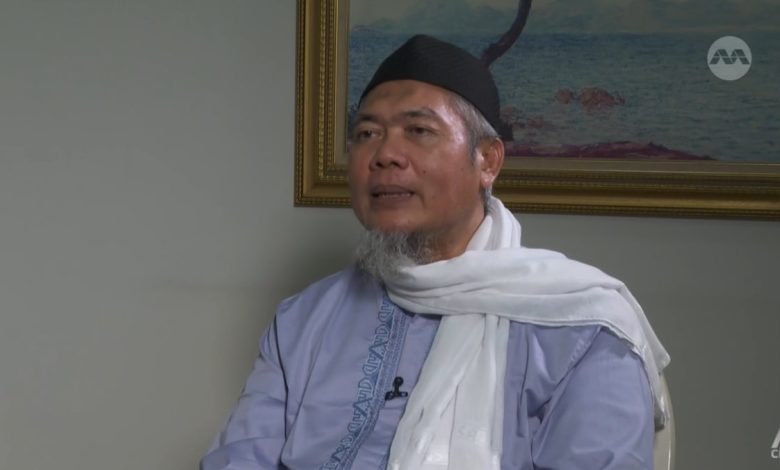Jemaah Islamiyah’s disbanding process could be model for Southeast Asia, says ex-leader

JAKARTA: A former leader of the now-disbanded terror group Jemaah Islamiyah (JI) said its recent dissolution could be a model for deradicalisation efforts in Southeast Asia.
Speaking to international media for the first time last week since JI disbanded three months ago, former leader Para Wijayanto, who is currently in prison, said: “Hopefully, the government’s efforts to overcome the JI problem can become a model both in Indonesia and abroad.
“This is because of JI’s extraordinary empirical experience. JI is not a small organisation, but it could be disbanded.”
However, he noted that there have to be modifications according to each region and country.
The 60-year-old was the longest-serving chief of the group behind some of Southeast Asia’s deadliest terror attacks, including the 2002 Bali bombings that killed over 200 people.
He led the group – formed in 1993 and allegedly affiliated with militant organisation Al-Qaeda – for 11 years, before he was arrested in 2019.
JI was designated a banned organisation by the Jakarta District Court in 2008 with Wijayanto at the helm after several terror attacks by individuals acting on behalf of the group.
Wijayanto was one of the key JI figures behind the recent dissolution of the organisation, which was announced on Jun 30.
Wijayanto and Muhammad Khoirul Anam, another JI leader who was instrumental in the break-up of the group, were brought out of prison by the national police counter-terrorism squad to be interviewed by the media in a hotel in Central Jakarta on Sep 23.





